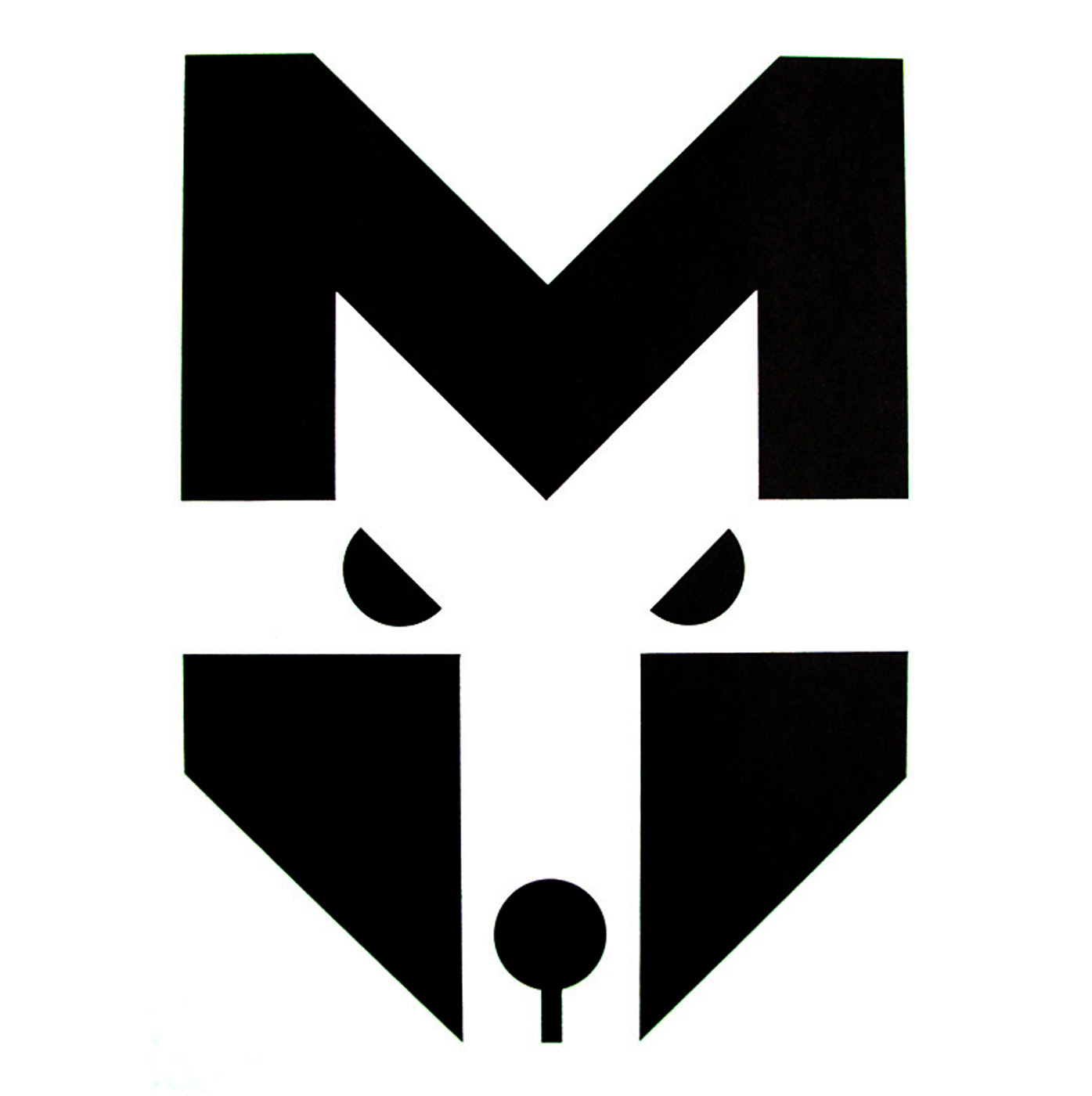Latest Posts
-
We’re just past the halfway point of the ’25-26 season, 43 games in. At the literal halfway point the Wolves boasted an impressive 27-14 record, pacing for 54 wins. That end point would leave them 4.5 wins beyond their preseason…
-
The headline narrative surrounding the Timberwolves is that they have piled up a bunch of wins versus weak opposition, but struggled against good teams. Against a relatively soft early-season schedule, the Wolves are now 15-8 after beating the LA Clippers…
-
The Wolves devastating collapse at Phoenix on Friday night was both a new type of 2025-26 Timberwolves performance, and also one that fits the early-season pattern. It was new because, for the first time all season, they did not either…
-
The Wolves played four times since last week’s post, and trends and themes largely continued. Facing bad teams like the Kings and Jazz, the Wolves rolled. They won a road back-to-back on Sunday and Monday, blowing out Douglas Dale Christie’s…
-
On a recent episode of The Bill Simmons Podcast, Bill and his guest Joe House discussed some early-season hypothetical NBA trades. Before doing so, however, they lamented the current rules governing NBA trade transactions. They were pointing out how difficult…
-
I watched TAXI DRIVER the other night. I’ve seen it before, at least a couple of times, but it had been a while and in the world of endless-but-mostly-bad streaming options, I’m finding it more satisfying to choose a reliable…
-
“Well good luck, sonny. Hate to tell you but the only time ‘real’ comes into it is when they’re shooting at you. In practice, ‘real’ means dead—-anything else, there’s always room for some conversation.” —Shadow Ticket, Thomas Pynchon And we’re…
-
The Wolves start back up this week, opening up at Portland on Wednesday night. (Eds note: Nothing like a 9 p.m. tip-off on a school night to shock our sleep cycles back into NBA rhythm.) Like so much of the…
-
“The Minnesota Timberwolves have morphed into the most tortured franchise in professional basketball. Unlike the Clippers (a perennial laughingstock until recently), the Suns (a classic came-oh-so-close team), the Cavaliers (not even the second-most tortured franchise in their own city) and…
-
On Sunday, the Timberwolves played their final game of the 2024-25 regular season. They beat a depleted Utah Jazz team, the last of many such late-season matchups where the Wolves needed to win, and the opponent did not. The win…
